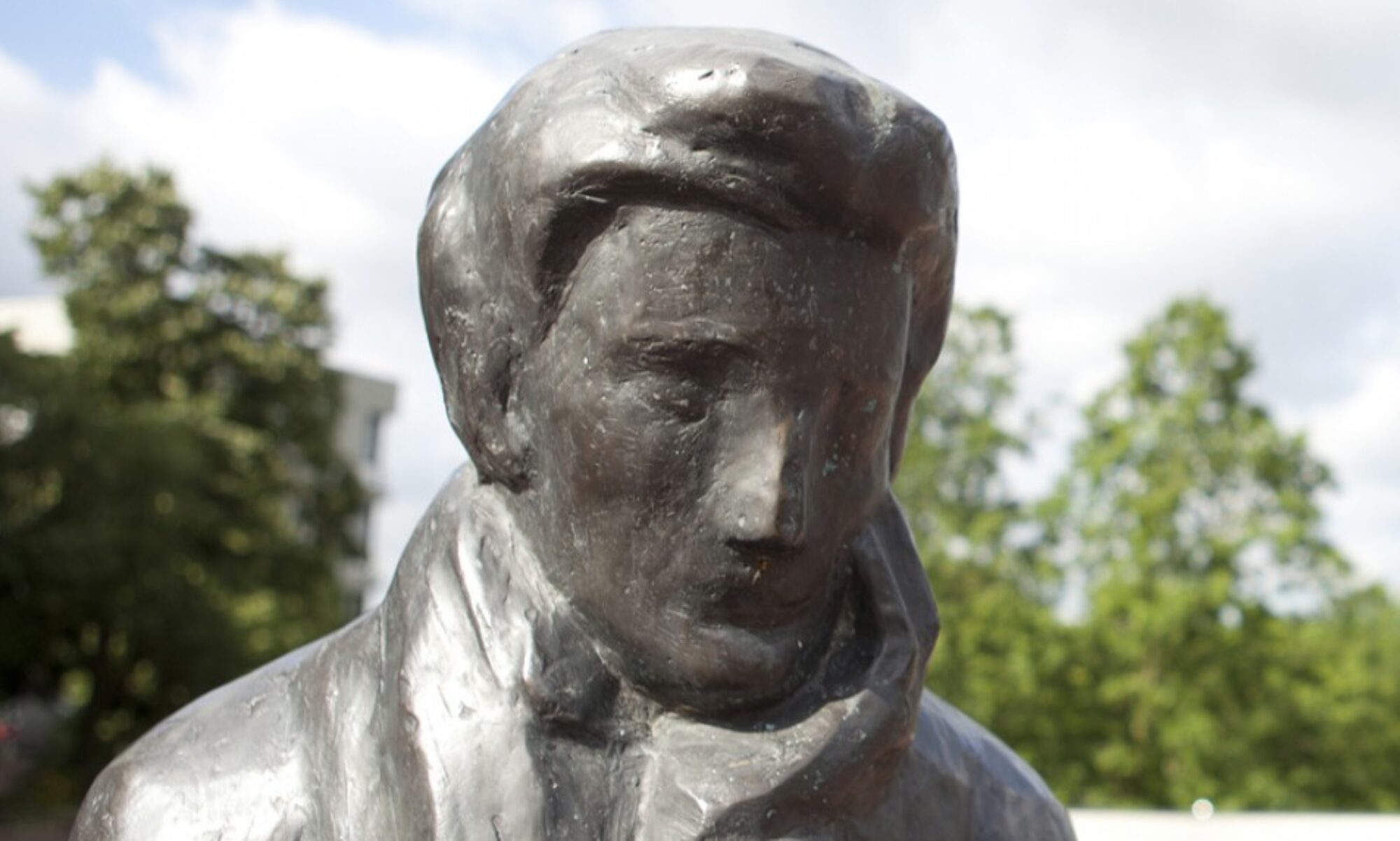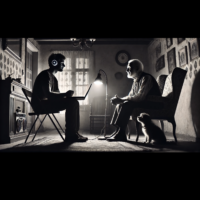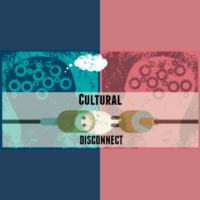In this short podcast, Johanna discusses the parasocial demand for “authenticity”, and how this has changed over time.
Special thanks to Isabel for lending her voice for segments of this podcast.


Podcasts for students by students
In this short podcast, Johanna discusses the parasocial demand for “authenticity”, and how this has changed over time.
Special thanks to Isabel for lending her voice for segments of this podcast.

How important is authenticity on stage? In this podcast Carlotta, Lena and Pauline dive into this topic, and discover and discuss how important it is for them.
https://images.app.goo.gl/StFUebt94bgz8aDbA
https://www.instagram.com/rolemodel/?hl=de
https://vm.tiktok.com/ZNeE9LV5N (24.04.24)

How can movie translations be authentic? And how can translators approach possible problems? These are some of the questions that we, Torben and Julius, want to tackle in today’s Podcast. We will be looking at how Hong Kong movies from the 80s and 90s translated figures of speech, humor and insults to give an overview of the intricacies of movie subtitles and show how the situation has evolved over the years.
Sources:
https://www.tandfonline.com/doi/epdf/10.1080/0907676X.2024.2318358?needAccess=true
https://www.scmp.com/lifestyle/arts-culture/article/1620655/translators-hope-improve-comically-inaccurate-subtitles#amp_tf=Von%20%251%24s&aoh=17369417847142&referrer=https%3A%2F%2Fwww.google.com&share=https%3A%2F%2Fwww.scmp.com%2Flifestyle%2Farts-culture%2Farticle%2F1620655%2Ftranslators-hope-improve-comically-inaccurate-subtitles <
Interview: The Art of Hong Kong Movie Subtitles with Dylan Cheung (Podcast: The Important Cinema Club, uploaded 15.12.2021 on Spotify)

Editing the photos you post on social media is sometimes quite controversial, especially when it comes to your appearance. But what about cosplayers? Is it okay for them to edit their pictures?
Cosplay, for those unaware, is a form of fan art. You dress up as a specific character from any media you choose. Whether you make the costume yourself or buy it, whether you look exactly like the character or put them into a more casual outfit, the sky is the limit.
The picture is mine. I chose this image because it was already part of a public museum exhibit, so it has been accessible to a wider audience. I also share similar images on my public social media, but I consider the exposure in a museum and this platform to be different. While you’re welcome to search for me online if you’re curious, I won’t be providing any specific details or usernames. I simply want to keep the focus on the image in this context, rather than its broader presence elsewhere.
The song is “Deuces” from Kevin Macleod, its licensed under Creative Commons

Calling all “reading rats“ to join hosts Dela and Nhut as they dive into the world of book tropes and storytelling authenticity. From the sizzling tension of enemies-to-lovers to the game-changing impact of AI-crafted books, they’ll explore what makes a story feel fresh, engaging, and authentic—or just another cliché. If you’re all about originality, authenticity, or just a good literary chat, this episode is your perfect match. Grab your favorite read, and let’s dive in!
Music by https://pixabay.com/de. Cover by Dela.

How honest is too honest? In this podcast, Sevval and Lottie dive into the communication concept of Radical Honesty: how it works, its promises and pitfalls, and if it fosters constructive communication.
Sources:
Blanton, Brad. Radical honesty: How to transform your life by telling the truth. Dell, 1996.
‘How Many Thoughts Do You Have Per Day? And Other FAQs’. Healthline, 28 Feb. 2022, https://www.healthline.com/health/how-many-thoughts-per-day.
Radical Honesty. https://www.radicalhonesty.com/. Accessed 20 Jan. 2025.

Alba Tahiri

A “short” story about how technology, when paired with tunnel vision and self-importance, stands in the way of human connection. Also, something about artificial intelligence, I guess. Oh, and there’s a dog in it. Every media and technology used for this project is mentioned in the audio recording.

Culture is most often seen as a means to connect
As first-, second- and third-generation migrants, we observe and understand culture and identity very differently. In this podcast we want to share our experiences with you and give you insights into how culture can also create a disconnection.
Cover edited from: cultural_disconnect.jpg (561×283) (pointofview.net)
